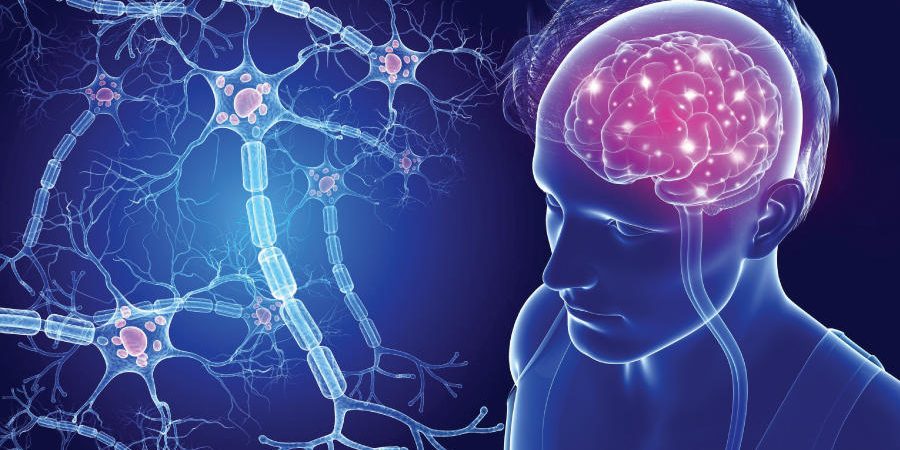Multiple sclerosis (MS) is a chronic condition affecting the central nervous system ie. the brain and spinal cord.
This occurs when the immune system attacks nerve fibers and myelin sheathing (a fatty substance which surrounds/insulates healthy nerve fibers) in the brain and spinal cord. It’s called MULTIPLE because more than one area of the brain and/or spinal cord is affected. It’s called SCLEROSIS because it causes scarring of damaged areas.
MS is not infectious or contagious.
The exact cause of MS is unknown, but we do know that something triggers the immune system to attack the brain and spinal cord. MS generally attacks young adults (between 20 and 30 years) and it effects mostly women than men by a ratio of three to two.
This interruption of communication signals causes unpredictable symptoms such as:
- numbness,
- tingling,
- mood changes,
- walking difficulties,
- memory problems,
- pain,
- fatigue,
- blindness and/or paralysis.
The most common form of MS is the relapsing and remitting type meaning that from time to time the condition flares up and then calms down; the symptoms come and go. Over time MS may progress further, causing disability, poor coordination and other symptoms.
Globally, more than 2.8 million people have a diagnosis of MS while in Malta currently there are around 500 people.
Everyone’s experience with MS is different and these losses may be temporary or long lasting.



